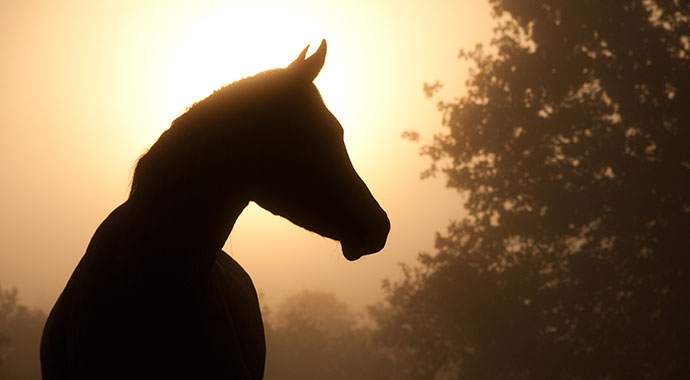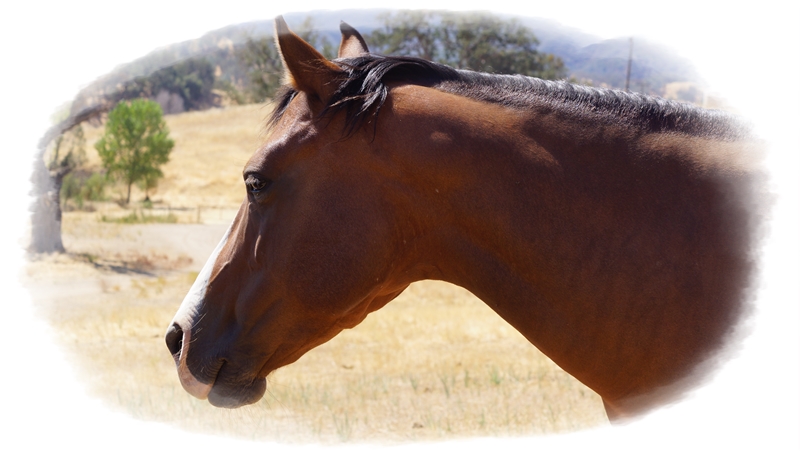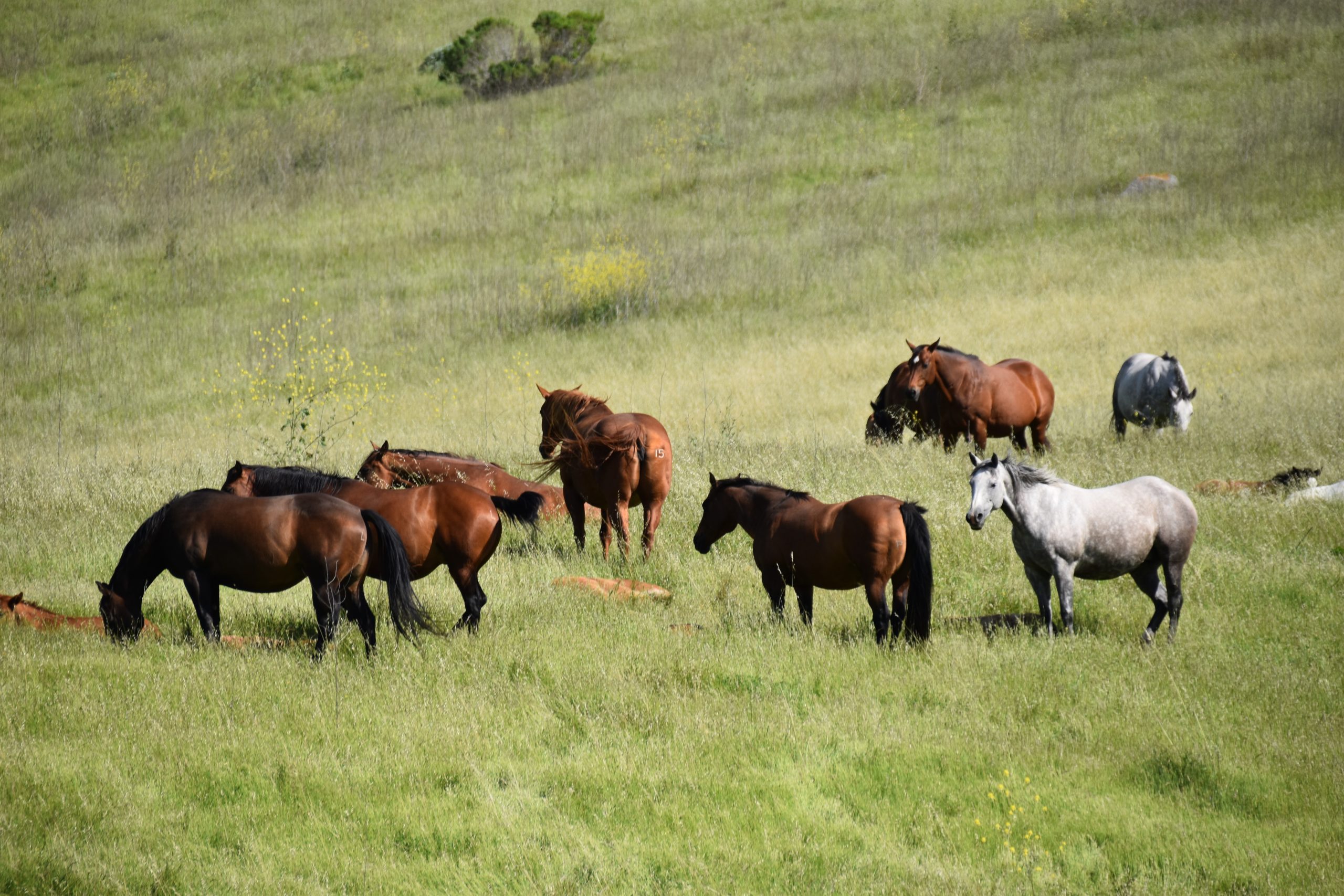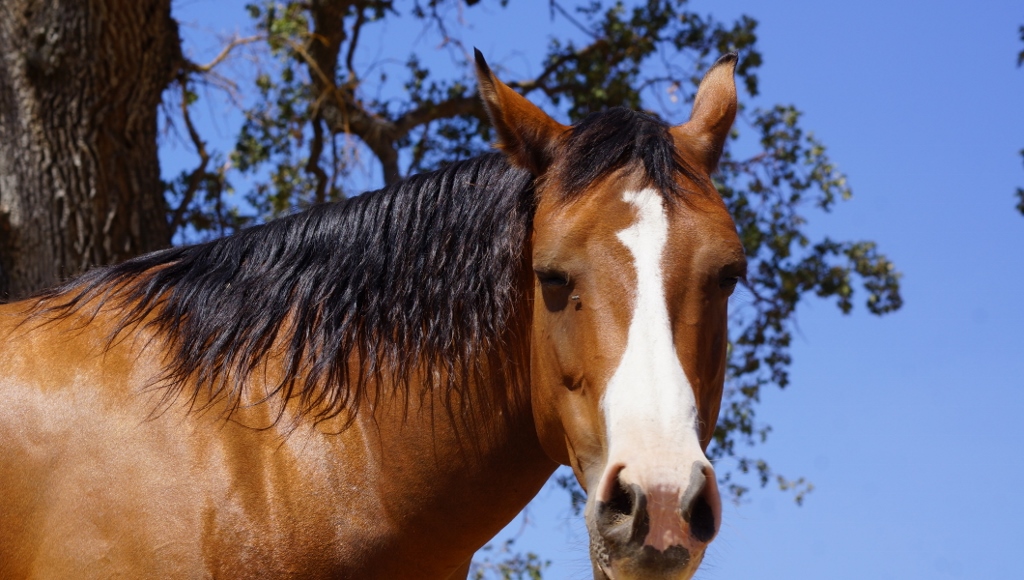As the weather heats up, taking time to care for your equine friend my save his life. High ambient temperatures increase the incidence of heat related stress in horses of any life stage or fitness level. The large muscles of exercising horses generate heat that the body may not be able to rapidly dissipate when the weather turns warm. Body heat can also build up when horses are confined to enclosed trailers, poorly ventilated barns or pens than do not offer shade. Obesity, long hair coats, heavy muscling and poor conditioning may also increase the susceptibility to heat stress and heat stroke.
The progression from heat stress to heat exhaustion to heat stroke can occur extremely fast. The loss of water and electrolytes through sweat create an imbalance in the electrolyte and fluid levels within the horse’s body. Immediate recognition of the signs of heat stress and exhaustion along with treatment can prevent lasting damage or even death.
With heat exhaustion, the horse becomes dehydrated and fatigued. Excessive sweating usually occurs, but may not be present in a horse with anhidrosis, or an inability to sweat. These horses will be dry and warm to the touch. The internal body temperature will be greater than 106° F. The gums become dry and tacky to the touch. The heart rate will be over 60 beats per minute with the potential for irregular rhythm also. The respiratory rate will be over 80 breaths per minute, often with a “thumping” or spasmodic jerking of the diaphragm and flank area. A stiff gate or “tied up” appearance may be seen as well.
With the progression into heat stroke, neurological signs begin to appear. Wobbling gaits, falling, or seizures may occur. The horse becomes unaware of his surroundings, and may become a danger to themselves and those treating him. If these central nervous system signs diminish during the cooling period, the prognosis is better. If they continue, the prognosis becomes very poor.
If you suspect a heat related problem, move the horse to a shady area with a fan, if possible. Remove all tack and begin using cool water on the neck and groin areas. Small amounts of cool water may be offered, but if the horse will not drink or is severely dehydrated, IV fluids may be necessary. An increasing body temperature or dull mental status is an emergency and veterinary intervention will be required. Complications such as laminitis, kidney or liver failure, colic and respiratory issues may occur. Horses that have had an episode of heat exhaustion or heat stroke may be more susceptible to another occurrence throughout their lifetime, and should be monitored accordingly, especially during exercise and in hot or humid temperatures.
A few moments of extra care will go a long way toward keeping your equine friend happy and healthy in the heat. Provide plenty of fresh, clean water and shade. Plan to ride or exercise your horse in the early morning hours or late evenings when the temperature is cooler. Keep your horse fit, and pay close attention to his conditioning level. If your horse is laboring at his task, rethink your training plan for the day. Simple precautions will keep your horse happy and healthy.




